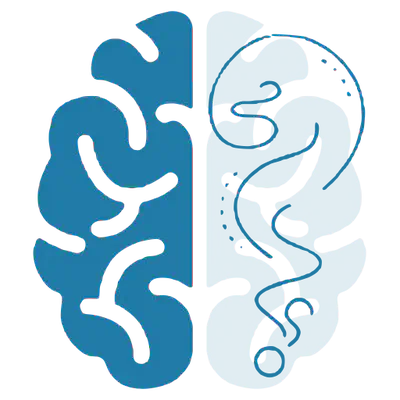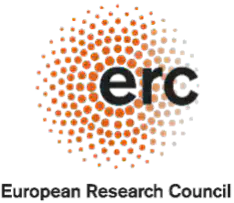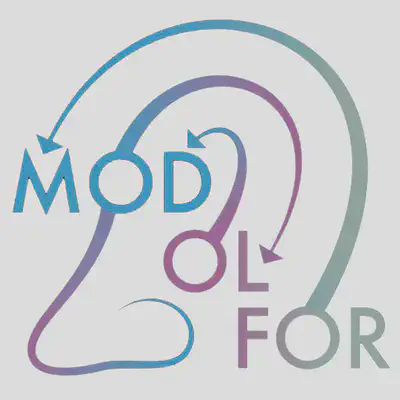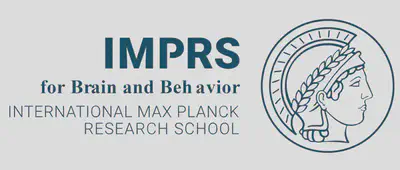

Making sense of the world
Information about space from time
Natural odours form temporally complex plumes that are characterised by rapid fluctuations in odour concentration. The complex temporal dynamics of odour plumes carry spatial information about the odour landscape. They may form a vital sensory component for animals navigating an environment, particularly for nocturnal animals such as mice or rats. The sense of smell is thus being increasingly acknowledged to be a high-bandwidth modality that has access to the complex temporal structure of natural odour plumes, creating a paradigm-shift in olfactory sensory neuroscience.

For further reading, please take a look at: Ackels et al., 2021; Marin et al., 2021; Ackels, 2022
The PI

Prof. Dr. Tobias Ackels
University of Bonn, IEECR
Tobias received his Diploma in Biology from RWTH Aachen University, where he also completed his PhD in 2015 in the Department of Chemosensation. His doctoral research focused on signaling mechanisms in the olfactory system. He then joined the laboratory of Prof. Andreas Schaefer at the Francis Crick Institute in London as a postdoctoral fellow, supported by a fellowship from the German Research Foundation (DFG). There, he deepened his interest in understanding how natural sensory stimuli are represented and processed in the mammalian brain.
The Ackels Lab combines physiological, imaging, and behavioural approaches to study neural coding at cellular and network levels, with a particular focus on how temporal stimulus structure shapes perception and behaviour.








